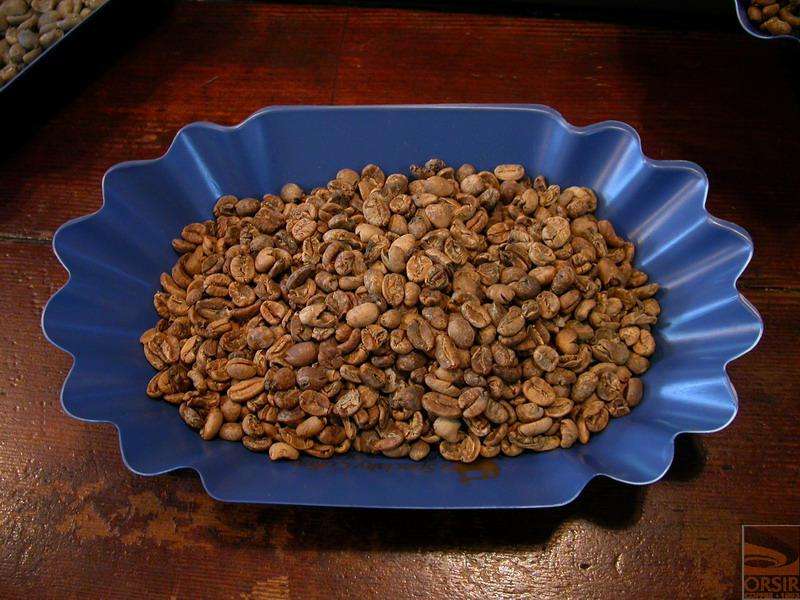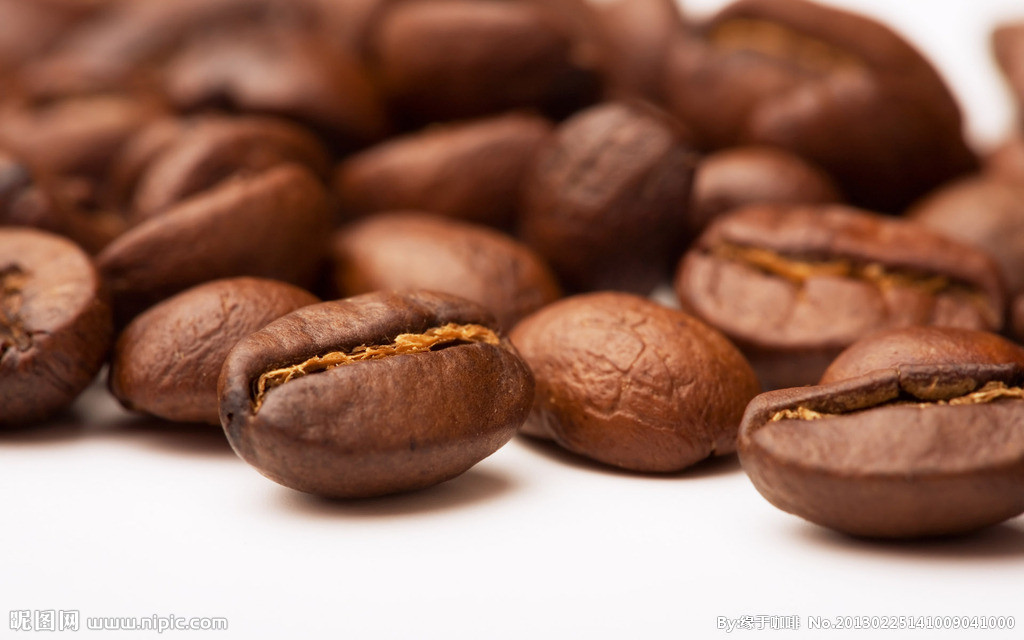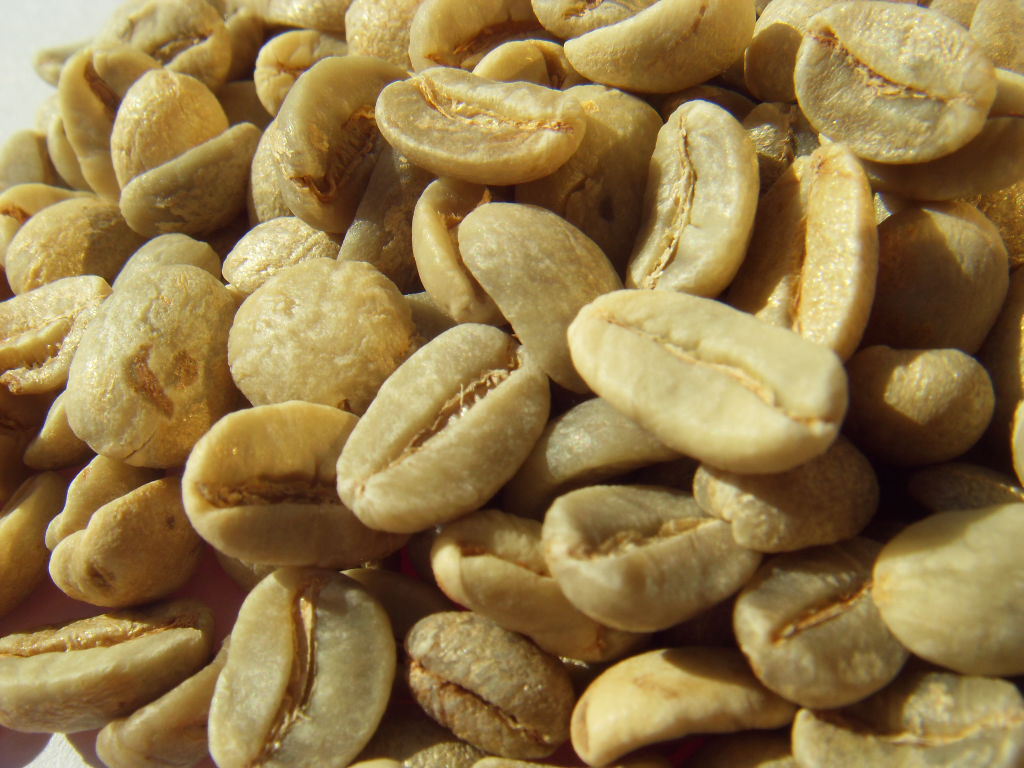Boutique coffee beans: frog bean Rainforest Alliance certification
There is an obvious frog on the rainforest certification logo, rainforest alliance certified coffee, or "frog bean" for short.
"Rainforest Alliance" RA (Rainforest Alliance) certification refers to a farm that meets the standards set by the Rainforest Alliance, which protects the farm and its surrounding ecosystem, imposes some restrictions on the use of pesticides, and evaluates benchmarks such as waste management. Only coffee that has been evaluated and certified can be called "Rainforest Alliance certified coffee". Among them, the certification benchmark for coffee stipulates that traditional farming methods cultivated in the shade of primary forests are adopted, which are beneficial to the protection of the ecosystem. Some of the proceeds from the alliance are also used for the protection of wildlife in tropical rainforest animal reserves and the improvement of workers' living standards.
The farm that meets the benchmark established by the Tropical Rainforest Alliance will evaluate the benchmarks such as ecosystem protection, pesticide use restrictions and waste management in and around the coffee plantation. Only the coffee that has passed the benchmark and is certified, can be called "Tropical Rainforest Alliance certified coffee". In addition, part of the proceeds are also used for wildlife protection in tropical rainforest animal reserves. In terms of labor life and well-being, it is a pair of coffee with a good natural environment.
The certified benchmark is composed of three sectors of the regional society of nature conservation farming methods, from the protection of forests to the waste disposal of the labor environment, chemicals and fertilizers of water pollution practitioners. The certification benchmark for coffee stipulates that it is adopted, which is the most beneficial to the protection of the ecosystem, and is the traditional farming method of shade cultivation in the primary forest.
Common coffee certifications for Coffee certifications:
Fair Trade Fair Trade Coffee Certification
Direct Trade direct trade coffee certification
Bird Friendly Bird friendly Coffee Certification
Rainforest Alliance Rainforest Alliance Coffee Certification
Organic coffee Organic Coffee Certification
Carbon-neutral carbon Neutral Coffee Certification (or carbon liquidation)
Shade coffee Yinsheng Coffee Certification (Central American)
Rainforest Alliance Rainforest Alliance

Overview
Rainforest Alliance (RA) was founded in 1987, headquartered in New York, USA. It is not only a non-profit international non-governmental environmental protection organization, but also the largest and most authoritative professional FSC certification organization recognized by the international forest certification system FSC. Its mission is to protect the global ecosystem and the human and wildlife that make a living by changing land use patterns, business and consumer behavior. Currently, the Rainforest Alliance is working with businesses, governments and community organizations in more than 50 countries around the world to help them change the way they use land, develop long-term resource use plans and maintain ecological balance.
Basic function
With the steady development of sustainable demand in the global market, the Rainforest Alliance has set up three departments, namely, the Ministry of Sustainable Agriculture, the Ministry of Sustainable Forestry and the Ministry of Sustainable Tourism, to adhere to sustainable principles and standards and to protect wildlife and pristine land. maintain the welfare of workers and their communities and help all business personnel and consumers from large multinational institutions to small community-based organizations Provide responsible raw products and services to the market. At the same time, certificates are issued to farms and forestry enterprises that meet comprehensive standards.
The Department of Sustainable Forestry has two project departments, TREES and SmartWood. SmartWood was established in 1989 to promote the effective implementation of responsible forestry as a tool to ensure biodiversity and the economic support of local communities. SmartWood's certification is at the center of the work of the Rainforest Alliance, which spreads the concept of forest and forest product certification and ensures that the wood products provided by enterprises come from forests that maintain biodiversity and support the development of local communities. SmartWood is the first independent forest certification body in the world, which is recognized by the International Forest Certification system Forest Management Committee (FSC), which makes the Rainforest Alliance a global certification advocate. Every year, the Rainforest Alliance awards Green Earth Awards to governments, organizations and enterprises that have made outstanding contributions to global environmental protection, forests and biodiversity. Such as: the "Green Earth" Award issued to Amway, which has been committed to the cause of environmental protection.
SmartWood's certification activities are targeted at all forest types, including forests distributed in tropical, temperate and cold temperate zones, including natural forests, plantations, as well as large commercial forests, small-scale collective forests or family forests. The goal of SmartWood is to promote sustainable forest management through independent audit, certification and certification of forest products, and to promote enterprises to implement sustainable forestry construction with economic incentives.
In order to improve the effectiveness of the implementation of forest certification, the Rainforest Alliance has set up a TREES project team. The TREEs Project Department is mainly engaged in training, research, promotion, education and system activities related to sustainable forest management and certification. The project team opened up the market for certified forest products for small forest farmers and provided opportunities for certification. Because there is no certified timber market, forest owners have no incentive for sustainable forest management. TREES also conducts education and training for forest product consumers to make them aware of the environmental and economic benefits of certification.
Current situation of our country
In China, RA cooperates with WWF, CAF and other institutions to educate forestry workers and stakeholders in partners and related units under the principle of FSC certification. RA will provide key training experts, training tools and materials to assist in the work, quickly raise local awareness of sustainable forest management and promote the FSC certification process in China. With the help of RA and the financial support of IKEA, more than 2000 forestry experts in China will receive education on sustainable forest management in the next three years.
Source: Beibei Coffee Alumni Association
Important Notice :
前街咖啡 FrontStreet Coffee has moved to new addredd:
FrontStreet Coffee Address: 315,Donghua East Road,GuangZhou
Tel:020 38364473
- Prev

Introduction of world boutique coffee beans: Laurina natural decaf coffee
There are always some people who can't accept caffeine for various reasons, but like the aroma and taste of coffee. Therefore, in the past, we used manual treatment (such as Swiss water treatment) to remove caffeine from coffee beans as much as possible. The level of artificially processed decaf coffee has been improving, but there will always be people who think that its flavor will be worse than it was before caffeine was removed. Scientists also
- Next

World boutique Coffee beans: the faint sweetness of Brazil's Huangbang
Leave a reply has baked dark brown Brazilian yellow bourbon coffee beans, which smell a little sweet; it is estimated that the coffee beans are smooth, oily and slightly oily about a minute after the start of the second explosion. As usual is fine grinding, espresso espresso coffee bean grinding fineness, using a filter cup filter paper hand. The advantage of hand flushing of ultra-fine ground coffee powder is that it is stable.
Related
- Guji coffee producing area of Guji, Ethiopia: Humbela, Shakiso, Wulaga
- What is the most expensive variety of Qiloso in BOP multi-variety group?
- How to store the coffee beans bought home?
- Why are Yemeni coffee beans so rare now?
- Ethiopian Sidamo all Red Fruit Sun Sun Santa Vini Coffee beans
- SOE is mostly sour? What does it mean? Is it a single bean? what's the difference between it and Italian blending?
- Is Italian coffee beans suitable for making hand-brewed coffee?
- How to choose coffee beans when making cold coffee? What kind of coffee beans are suitable for making cold coffee?
- Just entered the pit to make coffee, what kind of coffee beans should be chosen?
- Can only Japan buy real Blue Mountain Coffee? What are authentic Jamaican Blue Mountain coffee beans?

